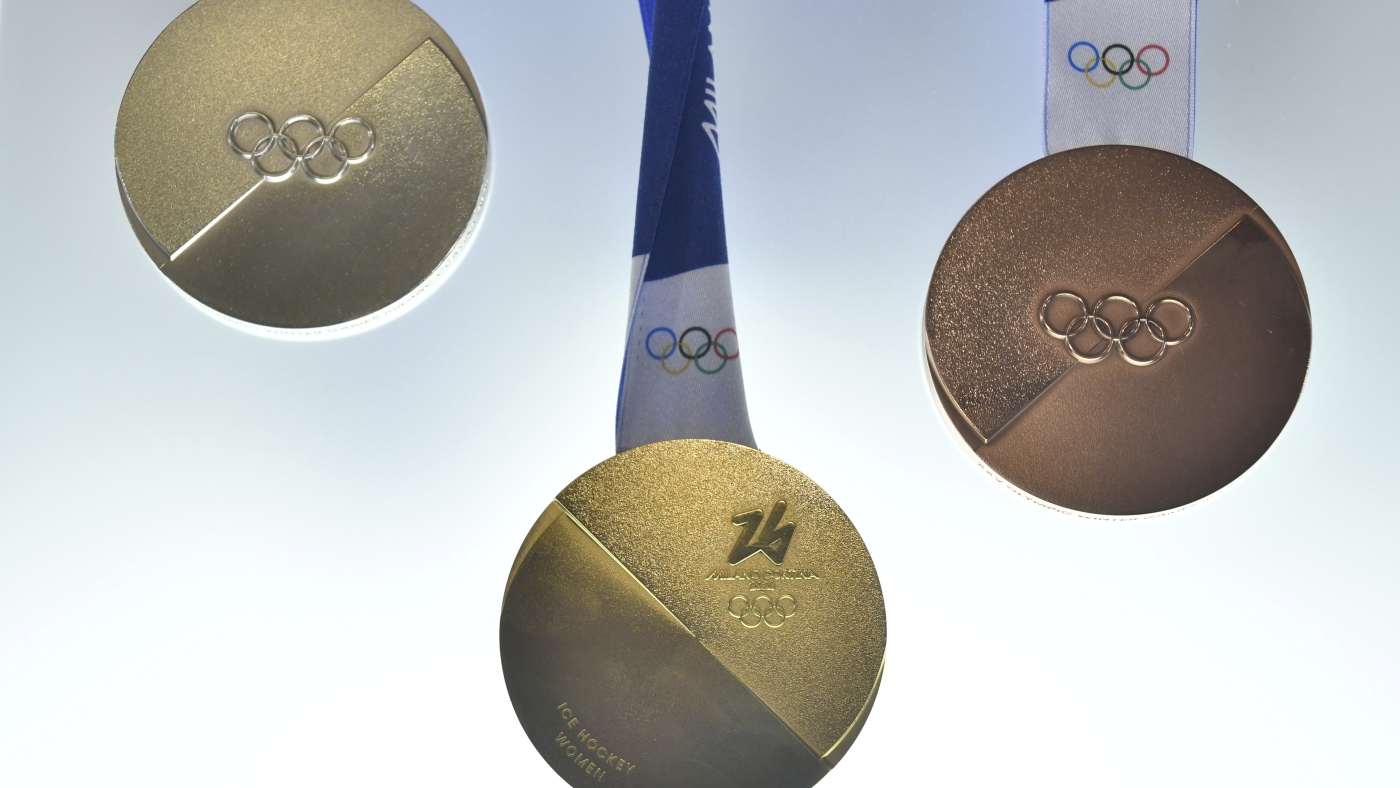In a significant move, the U.S. Olympic and Paralympic Committee (USOPC) recently decided to limit transgender women from competing in women’s sports. This decision aligns with an executive order by former President Trump, emphasizing adherence to federal regulations.
This policy change was quietly announced on the USOPC website and conveyed to various national sports federations. It comes after the NCAA made a similar shift earlier this year. The order, signed in February under the title “Keeping Men Out of Women’s Sports,” threatens funding for organizations that permit transgender participation in women’s competitions.
USOPC officials expressed in a letter that they are obligated to comply with federal expectations. CEO Sarah Hirshland and President Gene Sykes stated, “Our revised policy emphasizes ensuring fair and safe competition environments for women.” They require all national governing bodies to adjust their policies accordingly.
The issue of transgender participation in sports has sparked nationwide debate. Over two dozen states have enacted laws restricting transgender women and girls from competing in certain sports, framing the discussion around athletic fairness. Critics argue that these policies are discriminatory and unjust, targeting a small group of athletes. Legal challenges are mounting against these measures.
Data from a Pew Research study found that public opinion on this issue is divided. About 36% of Americans support allowing transgender athletes to compete in accordance with their gender identity, while 62% oppose it. This split highlights ongoing societal debates regarding gender and fairness in sports.
The NCAA’s new guidelines effectively restrict participation in women’s sports to athletes assigned female at birth. This change was prompted shortly after Trump’s executive order aimed at banning transgender athletes from such competitions.
On an international level, the conversation continues. The International Olympic Committee (IOC) has allowed sports federations to create their own eligibility rules. Some, like swimming and cycling, have enacted stricter regulations, including barring athletes who have undergone male puberty from competing in women’s events. Discussions on testosterone limits are also underway in soccer.
The landscape of sports is evolving, with the rules around transgender athletes being a focal point. Opinions vary widely, but the conversation is crucial as it shapes the future of competitive athletics.
As the world looks to the upcoming Olympics in Los Angeles in 2028, how these policies will be enforced remains to be seen. The ongoing discussions about gender inclusion in sports continue to challenge traditional norms, making this an essential issue for athletes, fans, and policymakers alike.
For further reading on this subject, you can explore the Pew Research Center for up-to-date surveys and reports.







![Explosive Test Alert: Rocket Booster Nozzle Blows Off in NASA’s Artemis Program [Watch the Video] Explosive Test Alert: Rocket Booster Nozzle Blows Off in NASA’s Artemis Program [Watch the Video]](https://i0.wp.com/cdn.mos.cms.futurecdn.net/Rs8znv6saJjMjh9jeEe6g7.jpg?w=480&resize=480,480&ssl=1)














